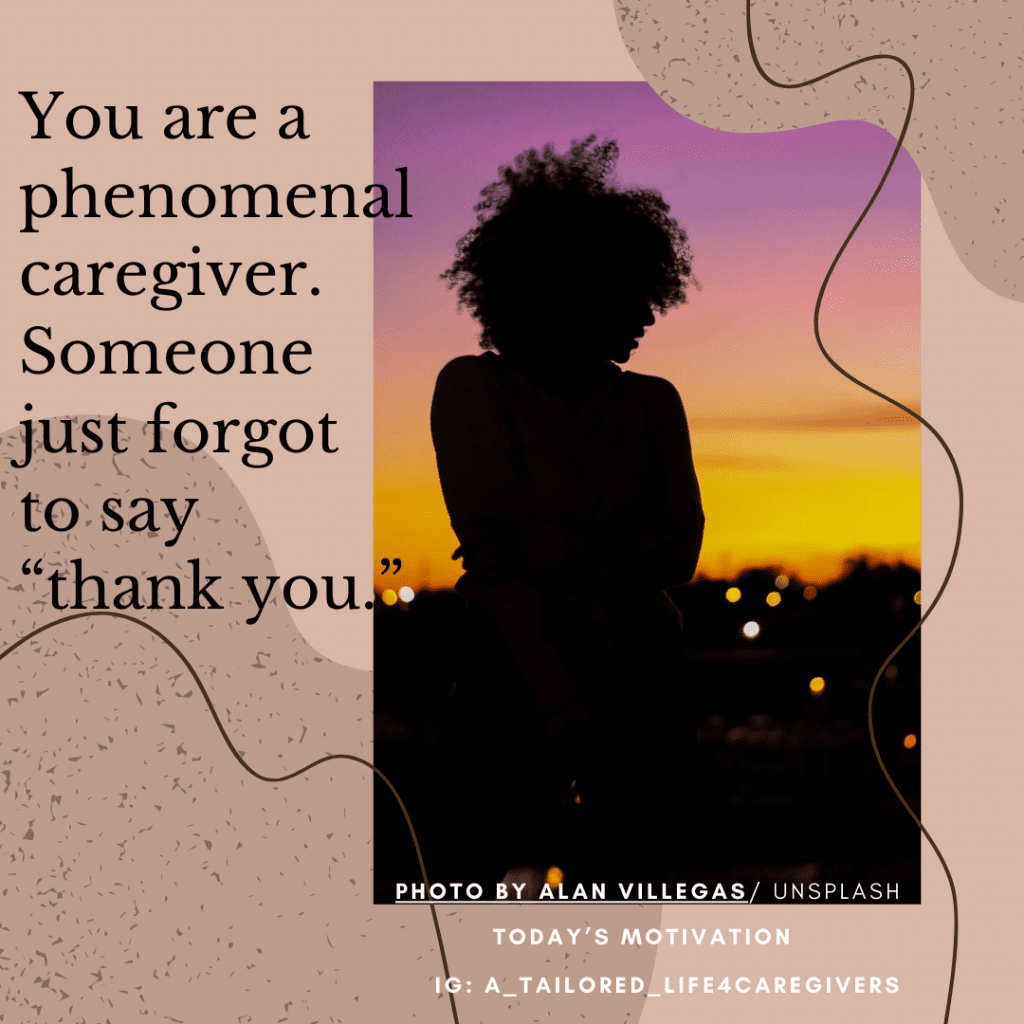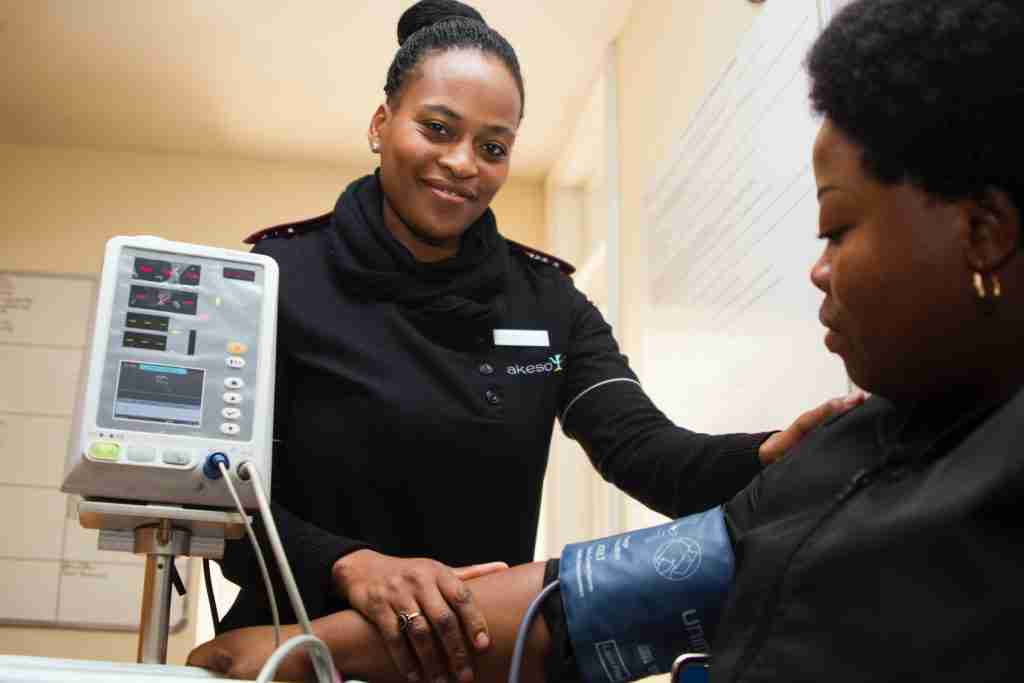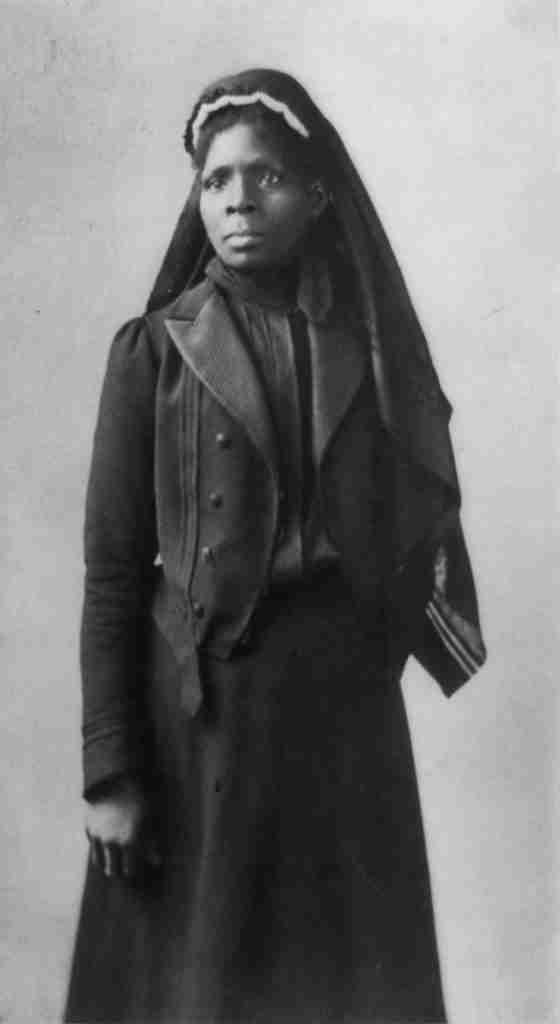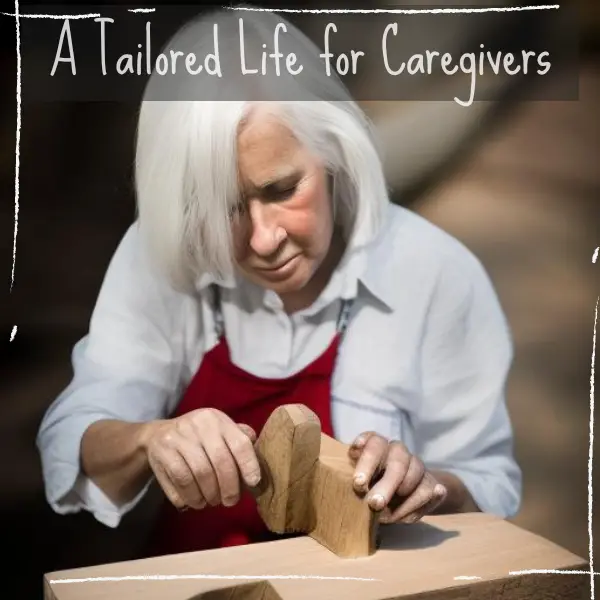Caregiving is a choice and a calling. A thank you to a caregiver is like the warmth in your hands radiating from a hot cup of coffee on a cold day. Using a thank you suggest gratitude for what another can provide, in terms of care.
Healthcare workers include nurses, doctors, clinicians, therapists, and mental health care staff who are all in direct contact with patients. The words “please” and “thank you” go a long way for caregivers, especially in direct care. Bonnie, a nurse, could ask, “Mrs. Smith, are you chilly? Would you like a blanket?” Mrs. Smith replies, “Yes please, thank you!

The influx of patients into hospitals and clinics during a health crisis like a global pandemic can push institutions and their staff to their limits. Worry and frustration about the unknown fate of a loved one in the hospital can cause impatience and short tempers from visiting family and friends in a hospital. During a 10 to 12-hour shift, these workers provide patient care, complete paperwork, and maintain a safe and clean environment for our loved ones, friends, and coworkers. It is a lot to handle. Assume the caregivers in a hospital are giving 100% until they give you a reason to assume otherwise.
One evening while visiting a sick family member, I watched as an agitated woman exiting a patient’s room stopped a hospital staffer to complain. The woman explained that her father had been waiting for a clean trash can to replace the odorous one currently in his room. The passing staffers’ apology and offer to make a call to the environmental services department met resistance from the agitated woman.
Another woman sat quietly in the room. She stood and calmly directed the first woman to have a seat. She exited the room and headed to the nearby nurses’ station. What she said warmed my heart. She simply started by saying thank you for taking such good care of her recently admitted family member. Next, she explained that she didn’t want to be a bother and she asked for directions to the custodian’s closet to get another trash bag so she could dispose of the soiled bag in the room. She concluded with “Please let me do this one little thing; you all are doing the heavy lifting with his care.” A nurse smiled at her and asked for a few minutes to finish some paperwork. A few minutes later the nurse produced an empty trashcan with a fresh bag from behind the nurse’s station. We may never understand the inner workings of how caregivers do their work; but, we should give them the benefit of understanding that one person’s time is divided between numerous patients in a hospital.

Even though I was not privy to what transpired before I entered the hospital that day, I got the sense that the agitated woman was either uncomfortable about her father being in the hospital, or his fragile health, or the fear of losing her father. Never underestimate the power that a “please” or “thank you” can have on someone who puts others first by nature.
Read about Susie Taylor King, an African American nurse in the Civil War.




Leave a Reply